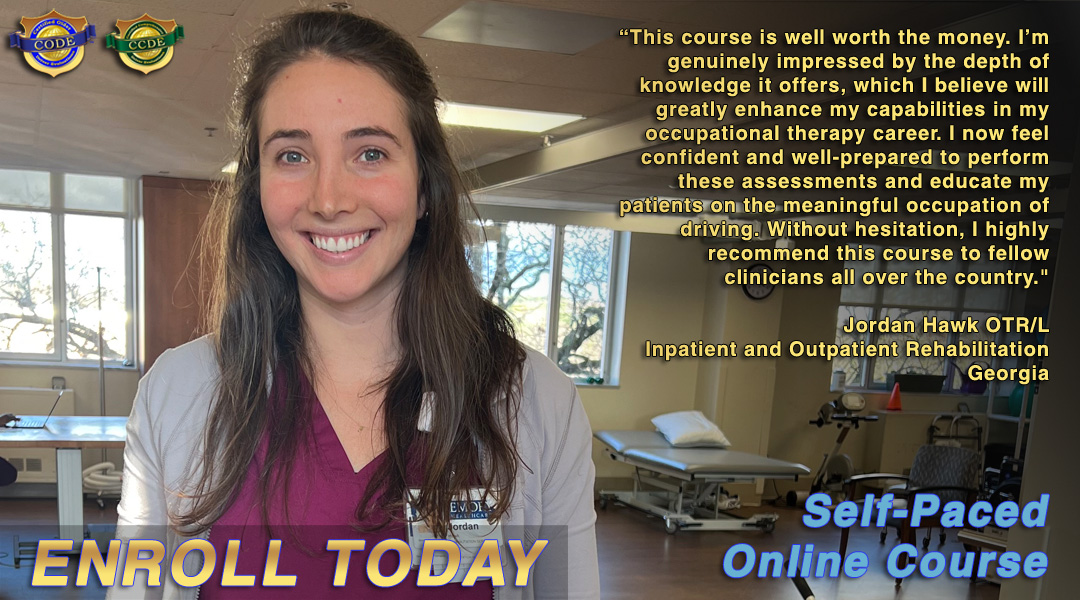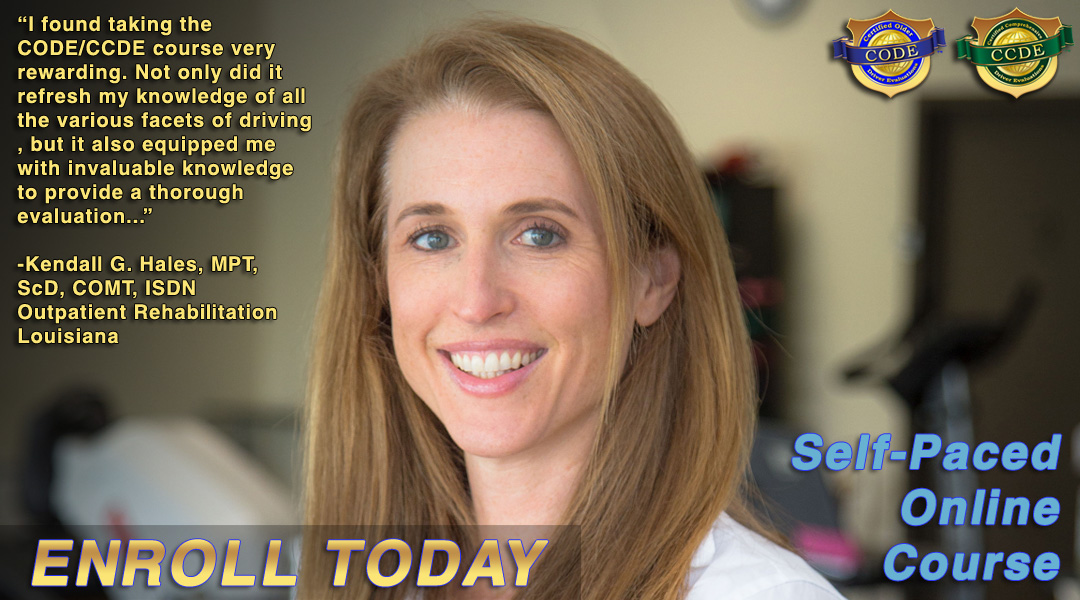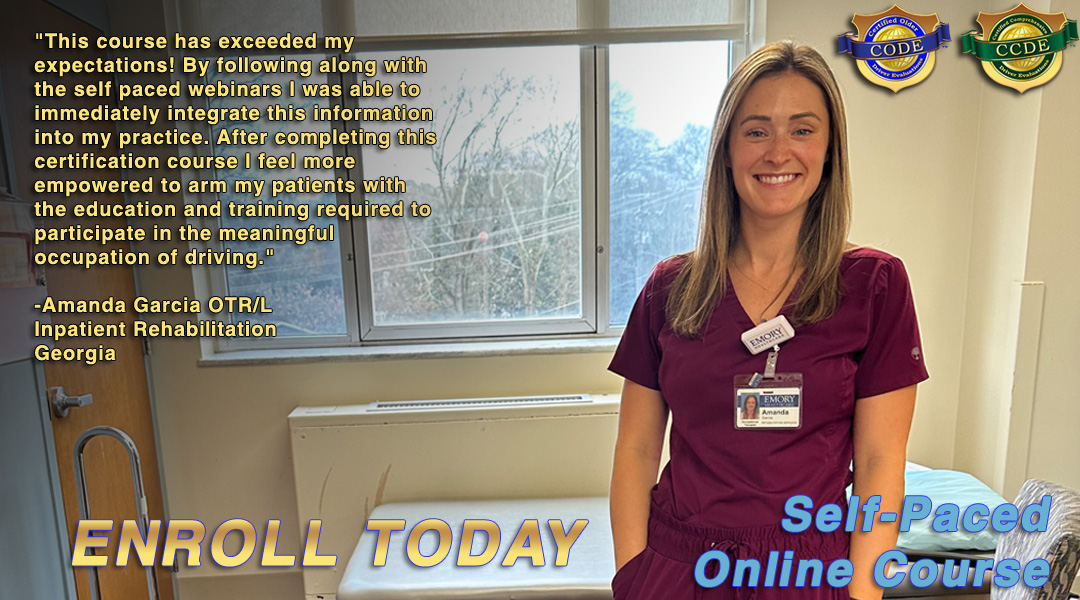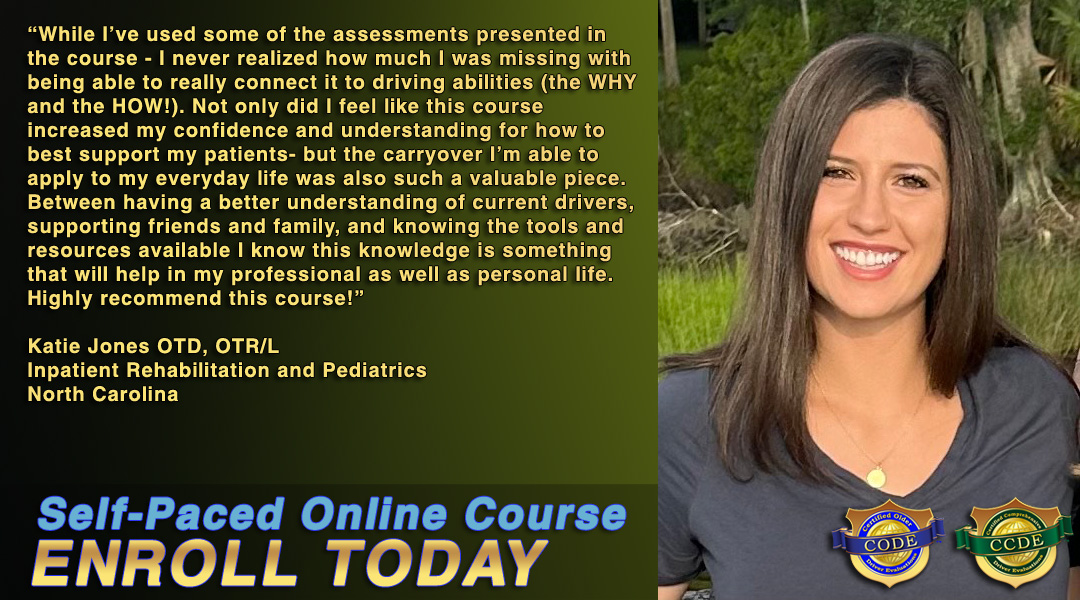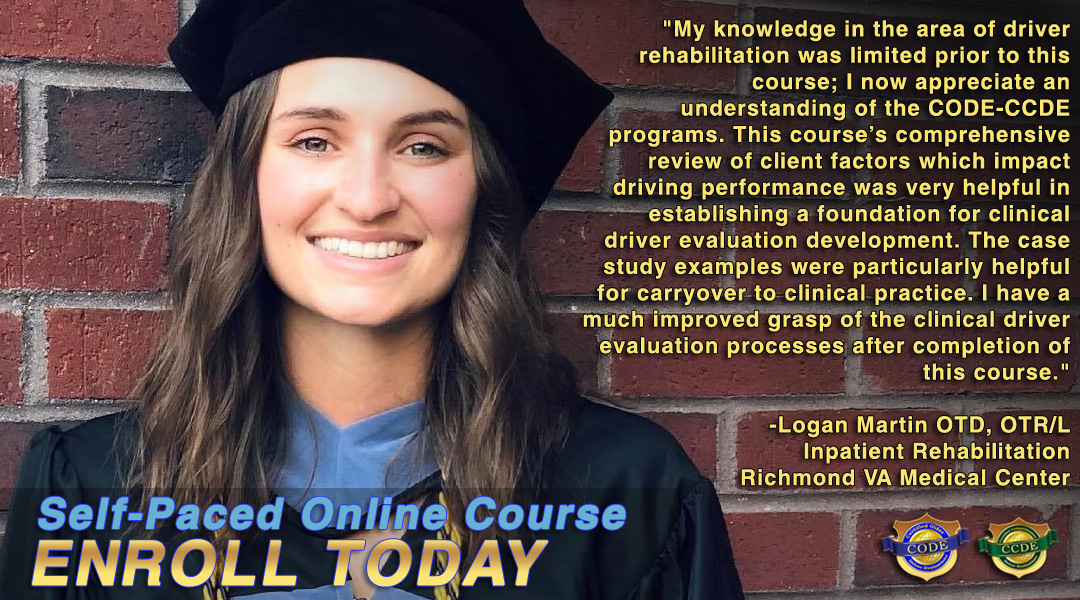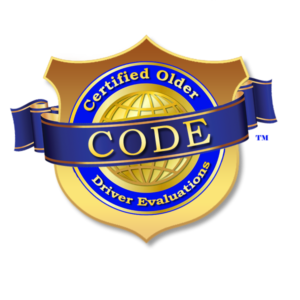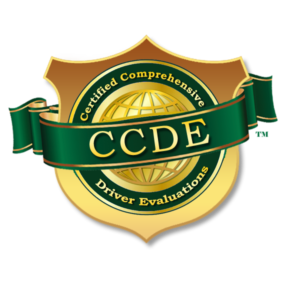
10 Hour Evidence Based Continuing Education (CEU) Course for BOTH Occupational & Physical Therapists – Clinical Driver Evaluations
Course Description
Driving is a complex task that requires multiple physical and cognitive processes working in unison to perform. Age alone is not a determining factor in a person’s ability to drive safely, but many older drivers can benefit from a comprehensive driving evaluation to identify and address any existing deficits. Unfortunately, there are several barriers that limit the availability of these beneficial evaluations to the growing population of older adults.
The CODE-CCDE program model uses a unique collaborative approach to the delivery of driver services that falls within the spectrum of driver services. The spectrum of driver services was a collaborative effort by The Association for Driver Rehabilitation Specialists and AOTA to define the language and models used in driving programs. The cornerstone of this approach is ongoing training and support of participating providers (occupational or physical therapists) to ensure clinical driving evaluations are superior, rigorous, and follow established best practice guidelines.
Trained therapists in the CODE-CCDE program should be able to:
- Apply knowledge of medical conditions with implications to driving
- Assess the cognitive, visual, perceptual, behavioral and physical limitations that may impact driving performance
- Integrate the clinical findings with assessment of on-road performance
- Synthesize client and caregiver needs and assist in decisions about available options
- Coordinate with multidisciplinary providers to provide resources related to the needs of clients.
Some of our State approvals; see full list
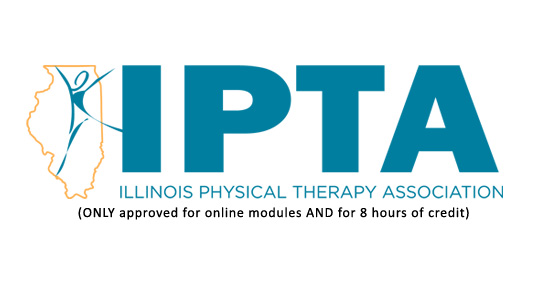
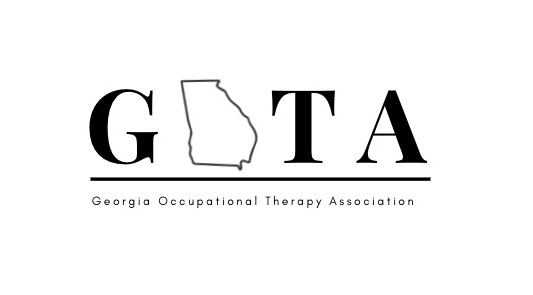
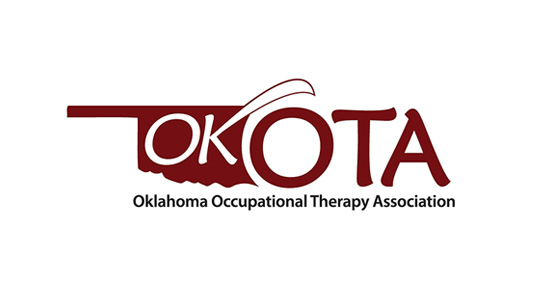
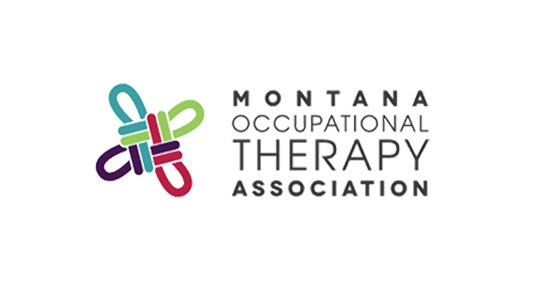
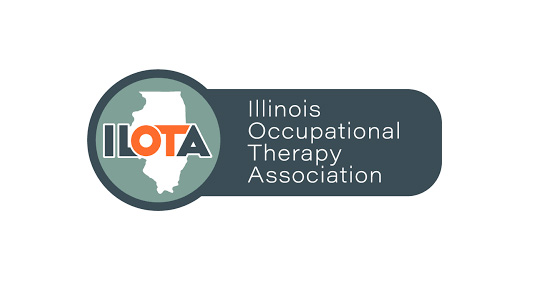
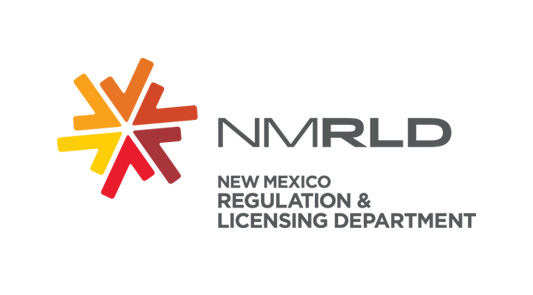

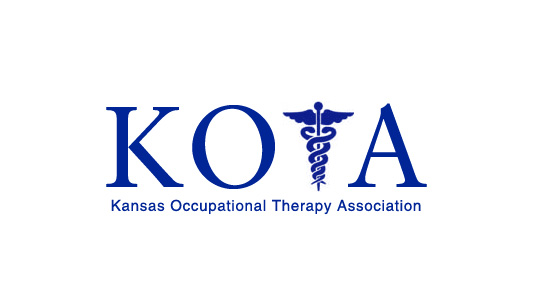
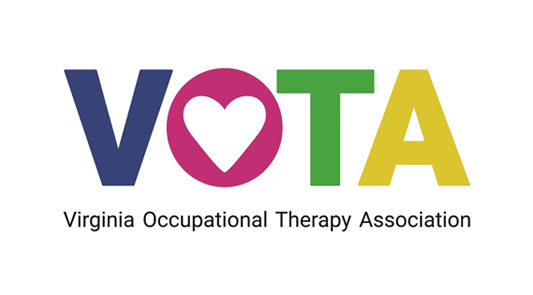
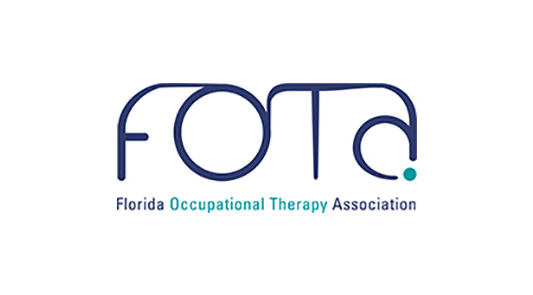

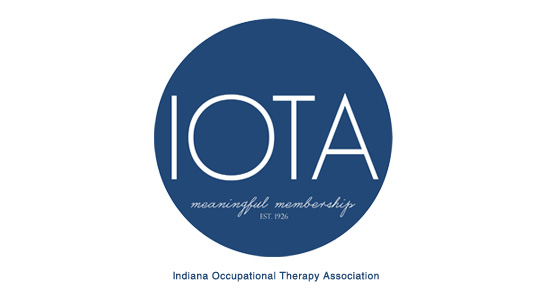
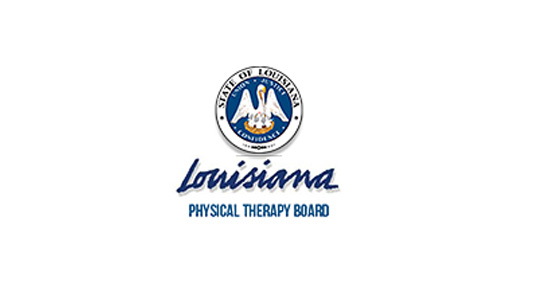
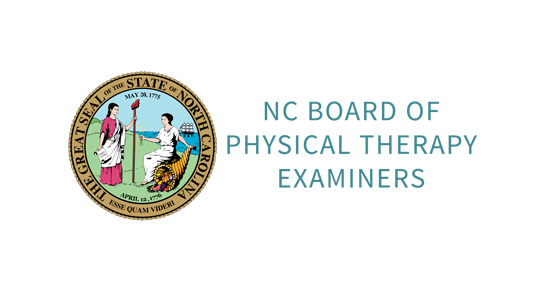
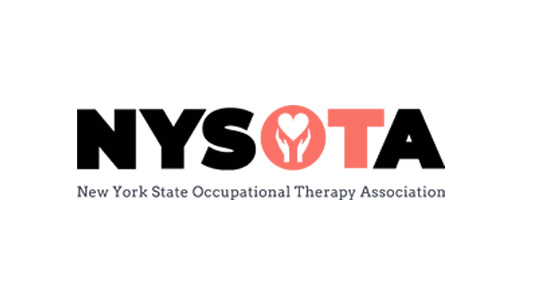
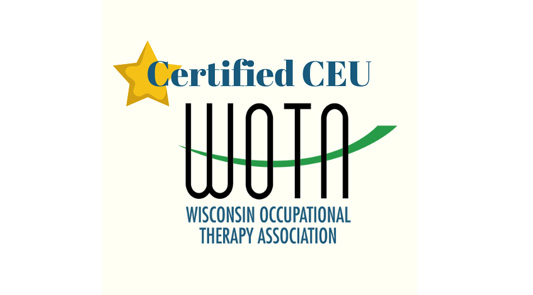
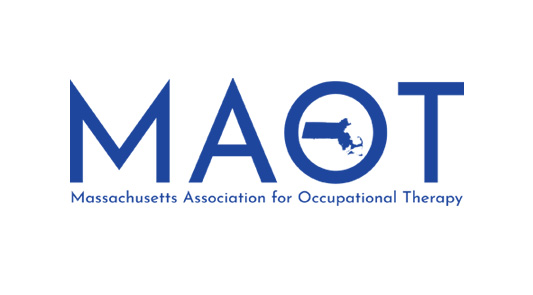
Tuition
Clicking our "Enroll Now" links will take you to a page for payment.
After payment, you will be directed to the account creation page where you can set up your student account and then choose and enroll in the desired course.
Once payment and enrollment are complete, you will be free to begin taking the course at your own pace by logging into our training site, https://training.code-ccde.org, at any time.
If you have any questions prior to enrolling, please email our Director of Training: Cara Harman OTD, OTR/L
Preview Course Content
If you have any questions prior to enrolling, please email our Director of Training: Cara Harman OTD, OTR/L
Clinical Driver Evaluations - 10.0 contact hours; 1.0 CEU credit
The full 10 hour certification course consists of: 5 hours of Joint Training and 5 hours of Clinical Training. Both courses are required for certification.
Click to expand the lists below:
BY THE END OF EACH LESSON, THE PARTICIPANT WILL BE ABLE TO:
101. Identifying the problem and solution
- List at least 3 barriers impacting driver rehabilitation professionals and the needs to address older driver safety
- List 2 possible solutions to addressing older driver safety
102. Program overview
- Match a client to the corresponding tier level for driving evaluations based on their current level of function and unique adaptive equipment needs
103. Software overview
- List the unique roles and responsibilities of the referring partners, director, managing partners, and associate partners in the driving evaluation process
104. Legal Implications
- List the participant’s practicing state’s visual acuity and peripheral vision requirements for driving
- Explain the physician reporting law regarding driving safety for the participant’s practicing state
105. Mental health
- Describe at least 2 psychiatric disorders and how they may affect interactions with other individuals and negatively impact a person’s ability to drive
106. Physical health
- List at least 3 common age-related physical changes and describe their impact on driving performance
107. Neurological disorders
- Identify at least 2 common deficits associated with a stroke and describe how each deficit specifically impacts driving performance
- List at least 2 symptoms of Parkinson’s disease and explain their impact on driving performance
- List 2 common driving characteristics and errors seen in individuals with a dementia diagnosis
108. Behavioral health
- Recognize at least 2 behavioral health disorders and explain how they can affect driving performance and safety
- Describe the effects of at least 2 commonly used mind-altering substances on driving safety
109. Social considerations
- Describe 2 factors or causes frequently involved in older adults giving up driving, and list 2 useful tips for counseling these individuals
110. Future considerations
- Recognize 2 diagnoses or scenarios requiring periodic reassessment for a driving evaluation
BY THE END OF EACH LESSON, THE PARTICIPANT WILL BE ABLE TO:
200. Driving evaluation introduction
- List all of the steps of a comprehensive clinical driving evaluation
201. Client intake and document overview
- List at least 2 common medical conditions and describe their potential effects on driving performance
- List at least 3 common medications that can impact driving performance
202. Visual function and driving
- List at least 3 common vision assessment tools commonly utilized for driving evaluations
- List at least 2 common visual deficits and describe their implications on driving as related to research
203. Physical function and driving
- List 3 physical components research shows to be essential for safe driving
- Describe the impact of pain, fatigue, endurance on driving performance
204. Cognitive function and driving
- List and describe at least 3 cognitive assessment tools commonly utilized for driving evaluations
- Score the results of 2 cognitive assessments (ex: SLUMS, SBT, Trail Making A and B) and describe how the scores/norms relate to driving safety
205. Mental and behavioral health considerations
- List 2 developmental disorders and describe their potential impact on driving performance
206. Problem list and final steps
- List at least 3 potential outcomes of a comprehensive driving evaluation
- Name at least 2 resources for clients or their families on alternative transportation options
Continuing Education & Competence Units (CEU/CCUs)
If you do not see your State here as a current approved provider, please contact Cara Harman OTD, OTR/L and we will contact your State organization for more information on approval.
Click to expand:
| Approvals by State and Discipline: | |
|---|---|
| Alabama OT (Approved with AOTA) Alabama PT (No pre-approval required) | Nebraska OT (No pre-approval required) |
| Alaska OT (Approved with AOTA) Alaska PT (no pre-approval required) | Nevada OT (Approved with AOTA) Nevada PT (Approved by the Nevada PT board) |
| Arizona OT (Approved with AOTA) Arizona PT (No pre-approval required) | New Hampshire OT (Approved with AOTA) New Hampshire PT (No pre-approval required) |
| Arkansas OT (Approved with AOTA) Arkansas PT (No pre-approval required) | New Jersey OT (Does not currently require CEUs) New Jersey PT (No pre-approval required) |
| California OT (Approved with AOTA) | New Mexico OT (Approved with AOTA) New Mexico PT( Approved by The NM Board of Physical Therapy) |
| Colorado OT (No pre-approval required) Colorado PT (No pre-approval required) | New York OT (Approved with AOTA) New York PT (Approved by the APTA NY) |
| Connecticut OT (No pre-approval required) Connecticut PT (No pre-approval required) | North Carolina OT (Approved with AOTA) North Carolina PT (Approved by the NC Board of PT Examiners) |
| Delaware OT (Approved with AOTA) Delaware PT | North Dakota OT (Approved with AOTA) North Dakota PT (No pre-approval required) |
| Florida OT (Approved with AOTA) | Ohio OT(Approved with AOTA) |
| Georgia OT (Approved with AOTA) Georgia PT (Approved by APTA GA) | Oklahoma OT (Approved with AOTA) Oklahoma PT (No pre-approval required) |
| Hawaii OT (No CEU’s required) Hawaii PT (No pre-approval required) | Oregon OT (Approved with AOTA) Oregon PT (No pre-approval required) |
| Idaho OT (No pre-approval required) Idaho PT (No pre-approval required) | Pennsylvania OT (Approved with AOTA) Pennsylvania PT (No pre-approval required) |
| Illinois OT (Approved with AOTA) | Rhode Island OT (Approved with AOTA) Rhode Island PT (Approved by the APTA RI) |
| Indiana OT (Approved with AOTA) | South Carolina OT (Approved with AOTA) |
| Iowa OT (No pre-approval required) Iowa PT (No pre-approval required) | South Dakota OT (Approved with AOTA) South Dakota PT (No pre-approval required) |
| Kansas OT (Approved by KOTA) | Tennessee OT (Approved with AOTA) Tennessee PT (Approved by the APTA TN) |
| Kentucky OT (Approved with AOTA) Kentucky PT (No pre-approval required) | Texas OT (Approved with AOTA) Texas PT (Approved by the TPTA) |
| Louisiana OT (Approved with AOTA) | Utah OT (No pre-approval required) Utah PT (No pre-approval required) |
| Maine OT (No pre-approval required) Maine PT (Does not require CEUs currently) | Vermont OT (Approved with AOTA) Vermont PT (No pre-approval required) |
| Maryland OT (Approved with AOTA) Maryland PT (No pre-approval required) | Virginia OT (Approved with AOTA) Virginia PT (Approved by the APTA VA) |
| Massachusetts OT (Approved with AOTA) Massachusetts PT (Approved by the APTA MA) | Washington OT (No pre-approval required) Washington PT (No pre-approval required) |
| Michigan OT (Approved with AOTA) Michigan PT (Approved by APTA Michigan) | Washington DC OT (Approved with AOTA) Washington DC PT (Approved by the DC Board of PT) |
| Minnesota OT (Approved with AOTA) Minnesota PT (Approved by MN-BPT for 8 credits) | West Virginia OT (No pre-approval required) |
| Mississippi OT (Approved with AOTA) Mississippi PT (No pre-approval required) | Wisconsin OT (Approved with AOTA) Wisconsin PT (Approved by the APTA Wisconsin) |
| Missouri OT (Approved with AOTA) | Wyoming OT (No pre-approval required) Wyoming PT (No pre-approval required) |
| Montana OT (Approved with AOTA) Montana PT (No pre-approval required) | |
What does the course entail?
This course will guide you through the steps of a comprehensive clinical driver evaluation for Tier I patients, meaning these patients will not require adaptive equipment. Specifically the modules will provide valuable information on the cognitive, visual, perceptual, behavioral and physical limitations that may impact driving performance. It will also focus on evaluating common medical conditions impacting driving safety without the need to modify a vehicle such as dementia, Alzheimer’s Disease, Parkinson’s Disease, and CVA. This course will NOT provide information on car modifications or adaptive equipment options.
Agenda? Training dates and times vary; Online modules are available at the participants own leisure
Total Number of Contact Hours? Ten (10.0) hours of direct OT/PT related clinical education and patient care training
Level and Audience? Introductory or intermediate level occupational and physical therapists (Including OT/PT students, professors, and practitioners with any level of experience in the field)
What equipment is required for a driver evaluation?
The clinical evaluation requires minimal equipment to assess the driver. Many of the assessments are done using printed materials or standard therapy equipment, such as a goniometer and Snellen Chart. Some specialty tools like the Optec vision screener can make the evaluation easier and more efficient for the clinician to assess vision in real-time. However, clinics lacking this resource can still provide the service, but the clinician should recommend an ophthalmology evaluation for patients with advanced vision problems, such as field cuts, to ensure they meet minimum vision standards for driving before referring the patient for the on-road assessment. You can access cognitive assessment tools in our database, including the SLUMS, Short Blessed Test, Trail Making Part A and B, along with resources for scoring/norming.
Is a car necessary for clinical driver evaluations?
No, the clinical evaluation focuses solely on performing assessments in a clinic or the patient’s home. The clinical evaluation is the first step in the process of the comprehensive driving evaluation and is meant to identify any issues that could affect driving performance. Once the clinical evaluation is complete, the clinician refers the patient to the on-road evaluation provider, who performs the in-car driving portion of the comprehensive driving evaluation.
In what settings can driving evaluations be conducted?
Primarily, clinical driver evaluations occur in OT/PT outpatient clinics. However, this training is valuable for inpatient, acute care, and home-based therapists to address their patient’s driving goals and identify warning signs of driving safety. Clinicians can learn how to screen patients effectively before recommending a formal clinical driver evaluation.
Payment Due Dates and Mode of Payment?
For all training methods offered: Payment is due upon initial signup and before attending the class
Credit cards, checks and cash are accepted for in person classes
Cancellation/Refund Policy?
Participants may request a full refund at any time prior to the class. HOWEVER, once the class has started, regardless of the method, no refund shall be offered. If a participant has an emergency or desires to start where they left off in any class, their tuition shall be good for up to one year from the start date.
How long are the modules in the training?
Each module will require a different amount of time to complete. Once you sign up and start the course, the estimated amount of time you will spend on each module will be shown above the slide. This time does not take into consideration the amount of time you will spend answering the in-line exam prep questions. Please note* The timer will turn off if you are looking at another tab instead of the videos and it will turn off when you exit out of the modules*
For the self paced modules, can I exit out and pick up where I left off?
Yes– you will not lose credit for the completed sections OR the time you have spent on the modules when you exit out. While we do recommend finishing each module in one sitting, if you must stop in the middle of a module, please write down the slide number you will pick up on. This is important as the specific slide you end on will not be displayed when re-opening the webpage.
Completion Requirements?
Satisfactory completion requirements will include attendance in its entirety, successful completion of a learning outcome assessment, and post-evaluation. Only learners who meet satisfactory completion requirements will earn AOTA CEUs.
Do I have to pass an exam to get credit?
Yes– There are two 50 question exams based on content directly from the modules. You must score >70% to move on to the second half of the course AND in order to get credit for completion of the course. You will have 2 attempts for each exam to pass. If you do not pass after the second attempt, then you must retake the modules.
My state is listed as “no- pre approval required”, what does this mean?
According to your state organization or board, this course should be acceptable based on their guidelines. For example, many PT states do not require pre-approval if it is approved by another APTA state chapter. Like many PT states, some OT states also do not pre- approve courses and others share reciprocity with other states organizations for CEU courses. If you are ever in doubt, please check with your state board.
 This course is well worth the money. I’m genuinely impressed by the depth of knowledge it offers, which I believe will greatly enhance my capabilities in my occupational therapy career. I now feel confident and well-prepared to perform these assessments and educate my patients on the meaningful occupation of driving. Without hesitation, I highly recommend this course to fellow clinicians all over the country.Jordan Hawk OTR/L
This course is well worth the money. I’m genuinely impressed by the depth of knowledge it offers, which I believe will greatly enhance my capabilities in my occupational therapy career. I now feel confident and well-prepared to perform these assessments and educate my patients on the meaningful occupation of driving. Without hesitation, I highly recommend this course to fellow clinicians all over the country.Jordan Hawk OTR/LInpatient and Outpatient Rehabilitation
Georgia
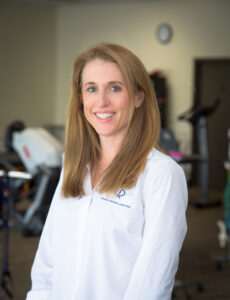 I found taking the CODE/CCDE course very rewarding. Not only did it refresh my knowledge of all the various facets of driving , but it also equipped me with invaluable knowledge to provide a thorough evaluation. Thanks to the course, I feel more confident administering the exam and interpreting their findings. The instructor’s teaching style was highly interactive and enjoyable. I highly recommend this course to anyone looking to become certified in conducting driving evaluations. There is a significant need for these evaluations so individuals can be confident in their driving skills when they get behind the wheel, keeping our community safe.Kendall G. Hales, MPT, ScD, COMT, ISDN
I found taking the CODE/CCDE course very rewarding. Not only did it refresh my knowledge of all the various facets of driving , but it also equipped me with invaluable knowledge to provide a thorough evaluation. Thanks to the course, I feel more confident administering the exam and interpreting their findings. The instructor’s teaching style was highly interactive and enjoyable. I highly recommend this course to anyone looking to become certified in conducting driving evaluations. There is a significant need for these evaluations so individuals can be confident in their driving skills when they get behind the wheel, keeping our community safe.Kendall G. Hales, MPT, ScD, COMT, ISDNOutpatient Rehabilitation
Louisiana
 This course exceeded my expectations! By following along with the self paced webinars I was able to immediately integrate this information into my practice. After completing this certification course I feel more empowered to arm my patients with the education and training required to participate in the meaningful occupation of driving.Amanda Garcia OTR/L
This course exceeded my expectations! By following along with the self paced webinars I was able to immediately integrate this information into my practice. After completing this certification course I feel more empowered to arm my patients with the education and training required to participate in the meaningful occupation of driving.Amanda Garcia OTR/LInpatient Rehabilitation
Georgia
 Driving is such a huge part of our daily occupations – but when it comes to supporting clients in that area, I never felt fully confident in my abilities to help with that process. This course really opened my eyes to not only the need for more therapists to fill a missing role, but also how to do that with evidence-based assessment tools. After finishing the course I started to look into driving rehabilitation programs across my state and it was a really limited list that clustered mostly around the bigger cities. Within the course, I really appreciated the comprehensive, holistic, and strength-based approach to driving. The material was engaging, mixing in real-life case studies and examples. These were especially helpful to connect the information and understand what this process looks like in the clinic setting. They did a great job presenting the research behind the information throughout the training as well. While I’ve used some of the assessments presented in the course- I never realized how much I was missing with being able to really connect it to driving abilities (the WHY and the HOW!). Not only did I feel like this course increased my confidence and understanding for how to best support my patients- but the carryover I’m able to apply to my everyday life was also such a valuable piece. Between having a better understanding of current drivers, supporting friends and family, and knowing the tools and resources available I know this knowledge is something that will help in my professional as well as personal life. Highly recommend this course!Katie Jones OTD, OTR/L
Driving is such a huge part of our daily occupations – but when it comes to supporting clients in that area, I never felt fully confident in my abilities to help with that process. This course really opened my eyes to not only the need for more therapists to fill a missing role, but also how to do that with evidence-based assessment tools. After finishing the course I started to look into driving rehabilitation programs across my state and it was a really limited list that clustered mostly around the bigger cities. Within the course, I really appreciated the comprehensive, holistic, and strength-based approach to driving. The material was engaging, mixing in real-life case studies and examples. These were especially helpful to connect the information and understand what this process looks like in the clinic setting. They did a great job presenting the research behind the information throughout the training as well. While I’ve used some of the assessments presented in the course- I never realized how much I was missing with being able to really connect it to driving abilities (the WHY and the HOW!). Not only did I feel like this course increased my confidence and understanding for how to best support my patients- but the carryover I’m able to apply to my everyday life was also such a valuable piece. Between having a better understanding of current drivers, supporting friends and family, and knowing the tools and resources available I know this knowledge is something that will help in my professional as well as personal life. Highly recommend this course!Katie Jones OTD, OTR/LInpatient Rehabilitation and Pediatrics
North Carolina
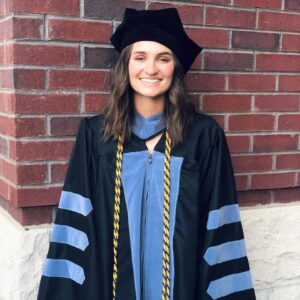 My knowledge in the area of driver rehabilitation was limited prior to this course; I now appreciate an understanding of the CODE-CCDE programs. This course’s comprehensive review of client factors which impact driving performance was very helpful in establishing a foundation for clinical driver evaluation development. The case study examples were particularly helpful for carryover to clinical practice. I have a much improved grasp of the clinical driver evaluation processes after completion of this course.Logan Martin OTD, OTR/L
My knowledge in the area of driver rehabilitation was limited prior to this course; I now appreciate an understanding of the CODE-CCDE programs. This course’s comprehensive review of client factors which impact driving performance was very helpful in establishing a foundation for clinical driver evaluation development. The case study examples were particularly helpful for carryover to clinical practice. I have a much improved grasp of the clinical driver evaluation processes after completion of this course.Logan Martin OTD, OTR/LInpatient Rehabilitation
Richmond VA Medical Center

Cara Harman, OTD, OTR/L
CODE-CCDE Director of Clinical
Research and Development
Cara graduated Summa Cum Laude from Virginia Tech in 2018 with an Honors degree and Bachelor of Science in Psychology. Following this accomplishment, she received her Doctorate in Occupational Therapy with honors from Virginia Commonwealth University (VCU) in 2021.
Her journey began at Emory Healthcare in Atlanta, Georgia, where she currently serves as the outpatient OT neurological rehab leader, continuing her dedicated practice. Each day, Cara provides care to patients with a wide range of neurological and orthopedic conditions, and she is the sole therapist conducting clinical driver evaluations at Emory Decatur.
Cara’s clinical practice experience spans various neurological conditions such as Parkinson’s disease, Alzheimer’s disease, ALS, MS, MD, CVA, SCI, TBI, neuropathy, amputations, congenital deformities, cerebral palsy, ADHD, ASD, and learning disabilities. Additionally, she evaluates and treats orthopedic injuries and conditions of the upper extremity, including arthritis, fractures, nerve injuries, and various forms of tendonitis.
In 2020, Cara completed specialized training in clinical driver evaluations at the VCU Neuroscience, Orthopaedic & Wellness (NOW) Center in Richmond, Virginia. Since 2021, she has been providing clinical driver evaluations to patients of all ages at Emory Healthcare. Driven by her passion for education, Cara has delivered numerous in-services and presentations to both clinicians and students. Her expertise has also led to invitations to present on clinical driving evaluations at several OT state association conferences, including those in Tennessee, Georgia, and Alabama.
Beyond her role at Emory Healthcare, Cara has been making significant contributions to Barber’s Driving School since 2022. As a part-time team member, she plays a vital role in leading training sessions for both behind-the-wheel instructors and therapists. Additionally, in her capacity as the Director of Clinical Research and Development, she is dedicated to implementing best practices and evidence-based assessment tools for driving evaluations, ensuring the highest quality of care for all individuals with diverse diagnoses and across all age groups. In acknowledgment of Cara’s steadfast dedication to her Atlanta community and the state of Georgia, the Georgia Occupational Therapy Association (GOTA) proudly named her the OT Practitioner of the Year for 2023.
Moreover, Cara’s collaborative efforts extend beyond the boundaries of Georgia. Working with various driving schools in multiple US states, she continues to advance her mission of delivering a holistic approach to comprehensive driving evaluations. Through her unwavering dedication, she ensures that individuals seeking driving evaluations receive the utmost care, tailored to their specific needs and conditions.
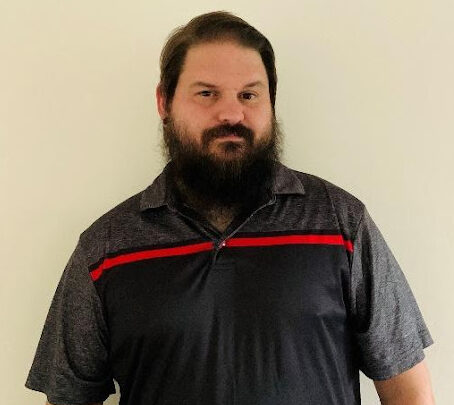
Dustin Abram, OTR/L, CDRS
CODE-CCDE Research & Development
Trainer
Dustin graduated Cum Laude from American Public University with a BA in psychology and earned his MS in Occupational Therapy from Brenau University in 2018. Dustin is a nationally certified occupational therapist and is licensed in the state of Georgia. He discovered a passion for driving as a student in graduate school during his internship, and he began his career in a community-based driver rehabilitation setting. Dustin has extensive education and training in the field of driver rehabilitation and earned national recognition through the Association of Driver Rehabilitation Specialists (ADED) to become a Certified Driver Rehabilitation Specialist (CDRS) in 2020. Dustin combines his experience as a certified driving instructor with his unique occupational therapy skills to deliver exceptional, personalized care, helping individuals achieve their driving goals with confidence. He has been instrumental in assisting countless individuals with driving challenges due to age-related changes or medical conditions since 2018.
Dustin is a natural entrepreneur and visionary strategist with proven business development skills through the companies he has founded, including Prosper Therapy Services and Elite Driver Rehab. Dustin serves as Prosper Therapy’s Chief Business Officer, and he is President of Elite Driver Rehab, where he continues to provide driver rehabilitation services for people throughout Georgia. He is passionate about learning and passing on his knowledge by teaching others. Dustin has been involved in numerous lectures and educational presentations related to driver rehabilitation, and has been involved in several driving safety initiatives, such as the Georgia Older Driver Task Force and CarFit. He is also an active member of professional associations including the Association for Driver Rehabilitation Specialists (ADED) and Georgia Occupational Therapy Association (GOTA). Dustin began working for Barber’s Driving School in 2022, where he assisted in the research and development of training courses for the CODE-CCDE program. Dustin serves as a trainer and managing partner in the CODE-CCDE program, where he utilizes his experience and expertise as a Certified Driver Rehabilitation Specialist to support clinical staff and driving instructors.
**Statement on Nondiscrimination and Special Accommodations**
Barber’s Driving School is committed to a policy of nondiscrimination. We do not discriminate against candidates on the basis of age, gender, race, color, religion, national origin, sexual orientation, disability, or marital status. In adherence to the Americans with Disabilities Act (ADA), Barber’s Driving School will ensure that individuals with disabilities have equal access to take the course and the two examinations. Special testing accommodations can be arranged if a request is submitted to the certification team prior to the examination.
Financial and Non-Financial Disclosure Statements
The presenters have and may continue to be from time to time, a paid consultant to Barber’s Driving School on matters related to Occupational Therapy and associated training for driver evaluation. The course materials are property of Barber’s Driving School, Inc. The presenter is compensated by Barber’s Driving School, Inc. to develop the training programs. The presenter is also compensated by Barber’s Driving School, Inc. when students take this course in a recorded or live format. The presenter developed the training program using the latest research and up-to-date practice standards without consideration to the above-mentioned financial interest in the training program.
For special requests or accommodations please contact caraharman@gmail.com
Barber's Driving School is an AOTA Approved Provider of professional development. PD activity approval ID#10337. This Distance Learning—Independent activity is offered at 1.0 CEUs, Introductory level, OT Service Delivery and Foundational Knowledge. AOTA does not endorse specific course content, products, or clinical procedures.

